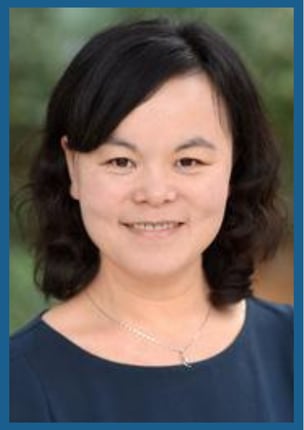Video
Significance Associated with Phenotype (SAP) Score: A Method for Ranking Genes and Genomic Regions Based on Patient’s Phenotype

This webinar is geared towards those involved with genomic variation analysis and interpretation of whole exome sequencing data in a cytogenetics or molecular genetics lab.
Speaker information:
Jianling (Jenny) Ji, MD, MS, FACMG
Assistant Director of Clinical Genomics Laboratory, Center for Personalized Medicine
Assistant Professor of Clinical Pathology, Keck School of Medicine of USC
Description:
A number of methods, like Exomiser (Robinson, et al, Genome Research 2014), have been proposed to prioritize variants detected using Next Generation Sequencing (NGS) to aid in the analysis of Whole Exome Sequencing (WES) data. Since WES tests detect a large number of variants in a single sample, these methods use a number of in silico annotations, including protein-protein interaction networks, model organism phenotypes, and clinical data to rank the variants. In this paper, we introduce a novel metric, the Significance Associated with Phenotypes (SAP) score, which is independent of any variants detected in the sample. The score uses the set of weighted phenotypes reported for the individual to generate a statistical score for every gene in the genome by comparing the set of sample phenotypes against existing gene-phenotype associations. We extend this measure to provide a score for general regions that may have one or more genes. Using both the gene-based and the region-based metrics, we can rank all variants in a sample for both sequence variants affecting a single gene and copy number variants (CNVs) affecting multiple genes. This ranking method can be applied in combination with traditional variant filtering approaches to guide the analysis of WES data.

